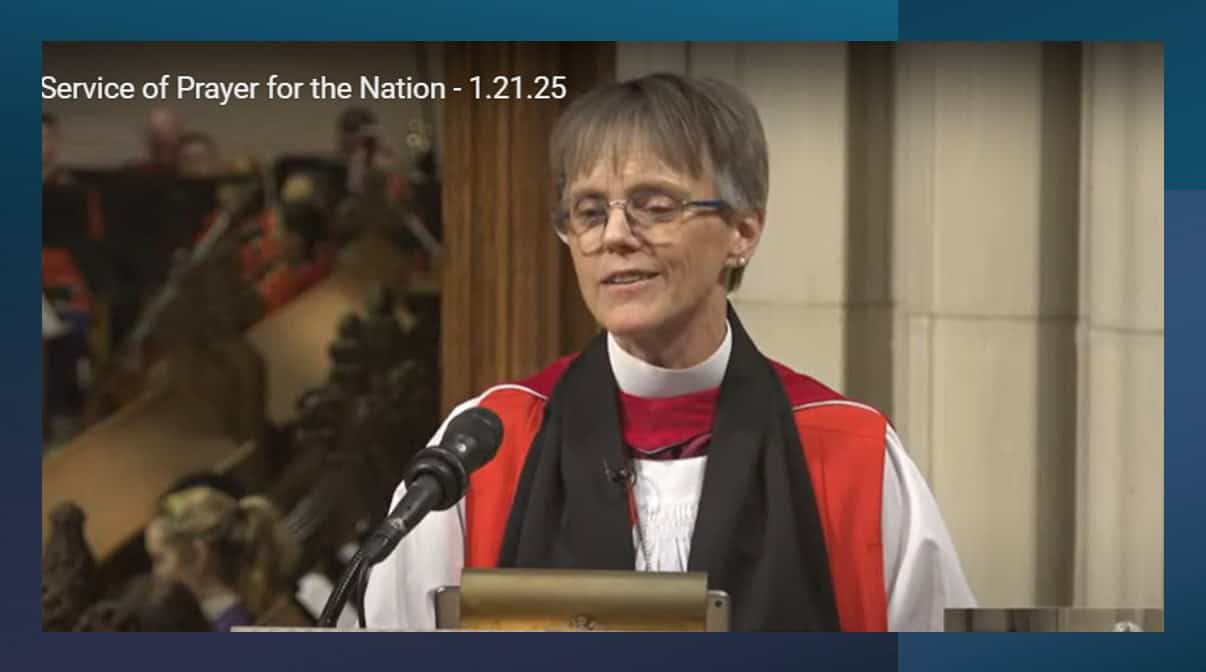Faith & Friction: Global Religious Landscapes Shift in Landmark 2025 Developments

Voices of Compassion: Religious Leaders Speak Out on Immigration and Social Justice
Bishop Urges Compassion for Vulnerable Immigrants
In a powerful plea to President Trump, a prominent bishop has called for mercy and understanding towards immigrants, emphasizing the fear and vulnerability of those facing potential deportation. The religious leader's impassioned appeal highlights the human cost of strict immigration policies.
Pope Condemns Deportation Plan as Inhumane
Pope Francis has strongly criticized the proposed US deportation plan, describing it as "a disgrace" that undermines human dignity. His stark condemnation underscores the global religious community's growing concern over immigration enforcement strategies that separate families and threaten vulnerable populations.
Community Mourns and Supports Grieving Family
A local community church has expressed deep sympathy for the family of a Southport killer, acknowledging their profound devastation. The statement reflects a compassionate approach to understanding the complex human emotions surrounding tragic events.
Political Challenge to Church's Parliamentary Representation
Prominent politician Harriet Harman has proposed ending the Church of England bishops' traditional right to sit in the House of Lords, sparking a significant debate about religious representation in British parliamentary democracy.

